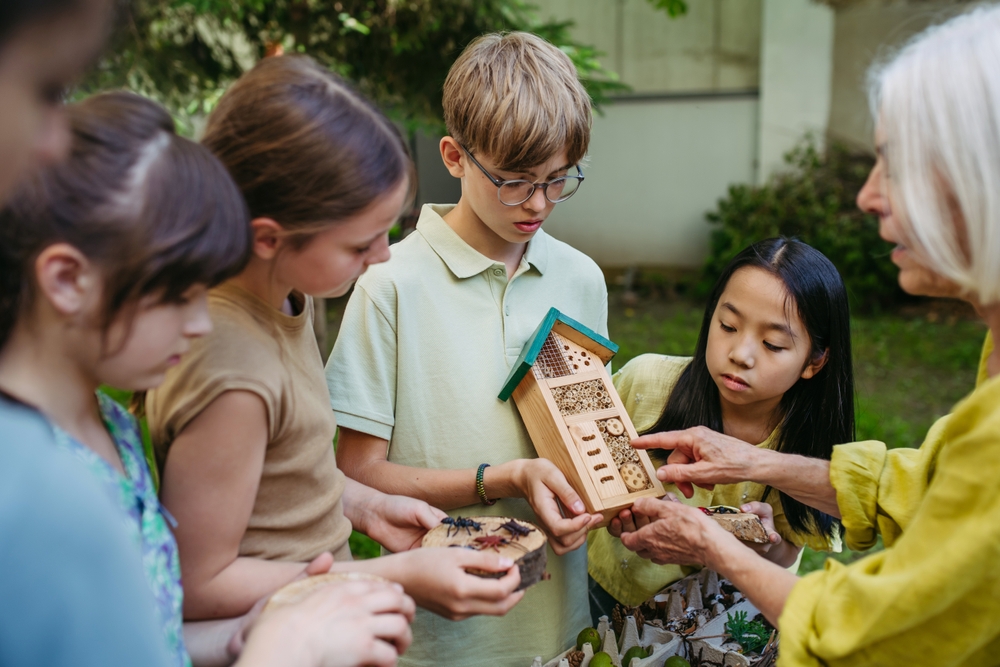Extra-curricular activities can play an important role in maximizing a child’s academic potential. These activities can provide opportunities for children to develop a range of skills and interests that can complement and enhance academic performance. Here are some ways that extra-curricular activities can help improve and extend a child’s academic potential:
- Developing time management skills: Extra-curricular activities require children to manage their time effectively, balancing their academic workload with their extracurricular commitments. This can help children develop essential time management skills that can be applied to their academic work.
- Enhancing social skills: Many extra-curricular activities involve working in groups or teams, which can help children develop social skills such as communication, collaboration, and leadership. These skills can be valuable in academic settings as well.
- Improving academic performance: Some extra-curricular activities such as music, art, and drama have been shown to improve academic performance by enhancing cognitive skills such as memory, concentration, and creativity.
- Building confidence and self-esteem: Extra-curricular activities can provide children with opportunities to succeed in areas outside of academics, which can help build confidence and self-esteem. This can have a positive impact on academic performance as well.
- Discovering new interests: Extra-curricular activities can expose children to new interests and passions and can enhance their overall academic experience. For example, a child who develops a love for science through a robotics club may be more motivated and engaged in science classes.
Extra-curricular activities refer to activities that take place outside of the regular academic curriculum, such as sports, music, drama, clubs, and volunteer work. These activities can provide a range of benefits for children and adolescents.
According to a study conducted by the National Center for Education Statistics, students who participate in extra-curricular activities are more likely to have higher academic achievement, higher aspirations for education, and higher educational attainment.
Overall, research suggests that extra-curricular activities can have a positive impact on a range of outcomes, including academic achievement, mental health, and social skills. By providing opportunities for children and adolescents to engage in extra-curricular activities, parents and educators can help them develop into well-rounded individuals with a range of skills and interests.
Some additional ways in which extra-curricular activities can help maximize a child's academic potential include:
Extra-curricular activities can provide opportunities for children to take on leadership roles as a team captain or club president. This can help develop leadership skills that are valuable in academic settings and in later life. Many extra-curricular activities, such as music, art, and theatre, can foster creativity and help children develop new ways of thinking and problem-solving.
Extra-curricular activities can also help children develop independence and self-reliance by providing opportunities to take on new challenges and responsibilities. Extra-curricular activities such as sports and exercise can help improve physical health, while creative activities such as music and art can provide mental health benefits such as stress relief and improved mood.
Overall, extra-curricular activities can provide a range of benefits for children and adolescents, including enhanced academic performance, leadership development, creativity, independence, improved physical and mental health, and community involvement. By encouraging children to participate in extra-curricular activities, parents and educators can help them develop into well-rounded individuals with a range of skills and interests.








